Archive : Mike Reinold & Eric Cressey – Functional Stability Training for the Upper Body
 Functional Stability Training for the Upper Body takes a hard look at the upper extremity and how to most effectively optimize function. By addressing alignment, strength, mobility, and dynamic motor control, you can maximize your rehabilitation and training programs to reach optimal performance.
Functional Stability Training for the Upper Body takes a hard look at the upper extremity and how to most effectively optimize function. By addressing alignment, strength, mobility, and dynamic motor control, you can maximize your rehabilitation and training programs to reach optimal performance.
FST for the Upper Body is a new program from Mike Reinold and Eric Cressey. FST for the Upper Body integrates the concepts learned from FST for the Core and FST for the Lower Body, and serves as the sequel to their previous educational program, Optimal Shoulder Performance. FST for the Upper Body is perfect as a stand alone program, but also builds off Optimal Shoulder Performance to help take your knowledge to the next level.
Proper function of the upper extremities is complicated and requires the arm to work in conjunction with the scapula, thorax, cervical spine, and core to provide mobility, strength, and power to the entire body. Any deficits in stability throughout the body’s kinetic chain can lead to injury, dysfunction, and a decrease in performance in the upper body. FST for the Upper Body aims to help formulate rehabilitation and training programs designed to optimize how the upper body functions.
The FST for the Upper Body program can be applied to rehabilitation, injury prevention, and performance enhancement programs.
For the rehabilitation specialist, the information will help you restore functional activities faster. For the fitness and performance specialists, the information will help you achieve new progress with your clients to maximize functional and athletic potential. For the fitness enthusiast, the information will help you gain control of your upper body, maximize functional movement, and reduce wear and tear due to faulty movement patterns.
Here is What You Will Learn
The FST for the Upper Body is available as a completely online educational program, as well as a DVD. The program is several hours of video of Mike and Eric during lecture and hands-on lab sessions teaching the FST for the Upper Body program. Topics include:
- Influence of the scapula, cervical spine, thorax, and lumbopelvic region on the upper extremity
- How poor posture and positioning causes muscle imbalances, decreased strength, decreased muscle function, and often pain
- How loss of thoracic mobility, forward head posture, anterior pelvic and more can reduce upper extremity function and performance
- Why integrating alignment, mobility, strength, and dynamic stability are ket to optimal function
- How to determine how hypermobile a client or patient is
- What factors determine this mobility
- Why an individual can feel “tight” for many different reasons
- Why not all tightness should be stretched out
- Which populations are most likely to be hypermobile – and what other conditions may affect them
- How to write warm-ups and strength training programs for hypermobile clients and patients
Module 3 – Understanding the Elbow: Functional Anatomy, Common Injuries, and Conditions
- Why learning functional anatomy is an important prerequisite to understanding elbow function and injuries/conditions
- Which injuries/conditions are most common at the elbow
- What risk factors predispose individuals to these issues
- Why not all elbow pain originates at the elbow
- Why tennis elbow is more common in recreational players than professional players
- How lifters can avoid chronic elbow issues
- Understand the different types of elbow injuries
- Learn how to perform a thorough elbow examination and assessment
- Understand the principles of elbow rehabilitation, as well as specific info for UCL injuries, valgus extension overload, ulnar neuropathy, epicondylitis, and more
- Learn why and how the kinetic chain should be integrated into elbow treatment
- Why, how, and when to integrate neuromuscular control drills into your rehab and training programs
- Learn the phases of proper neuromuscular control development
- Understand several progressions designed to maximize neuromuscular control
Module 6 – Assessment and Management of Muscle Imbalances of the Shoulder and Scapula (Live Lab Demo)
- A step by step approach to integrating NM control drills
- How to gradually increase challenge to you drills to maximize NM control development
- Know when to increase or decrease the challenge provided
Module 7 – Assessment and Management of Scapular Position (Live Lab Demo)
- Understand whether unilateral deadlift variations have afford as many benefit as unilateral squats
- Appreciate that not all types deadlifts are created equal
- Learn which body types are most suited to different styles of deadlifting
- Appreciate different coaching cues one can utilize to improve deadlift technique
- Review the differences between the deadlift and first pull of the Olympic lifts
Module 8 – Assessment and Management of Elbow Epicondylitis (Live Lab Demo)
- Understand the need for non-linear speed and strength protocols
- Appreciate the role of proper footwear in change-of-direction work
- Learn dozens of exercises and where they fit on the progression-regression continuum
- Appreciate a yearly planning model for transverse and frontal plane power development

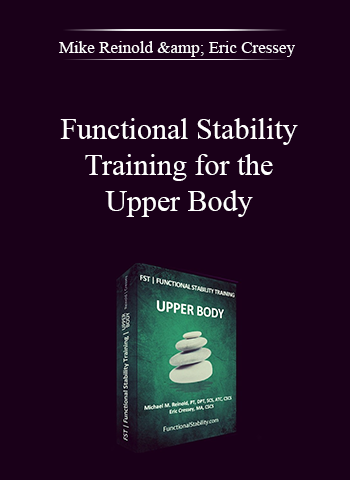



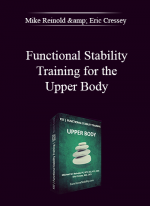
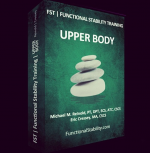


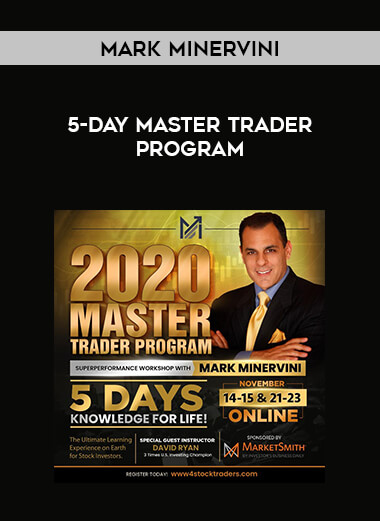








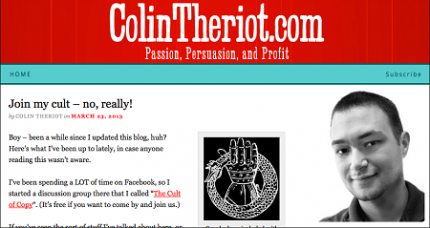


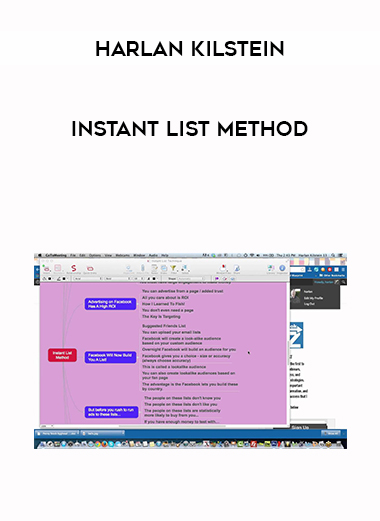
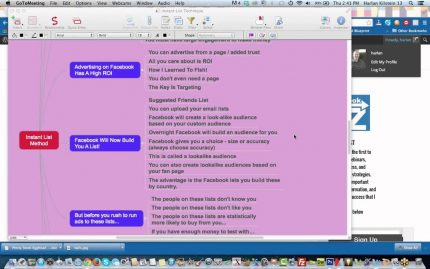


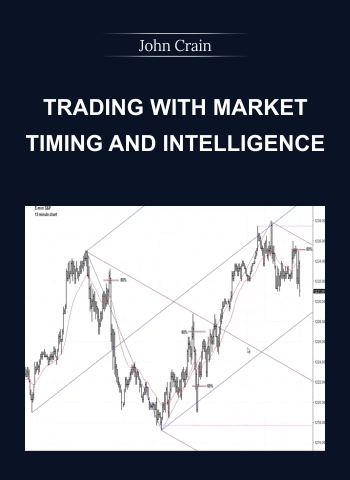
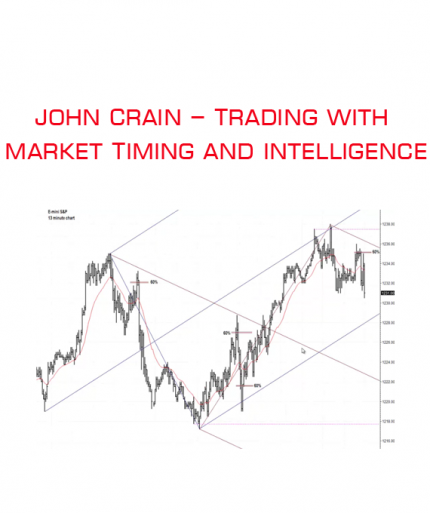












Reviews
There are no reviews yet.